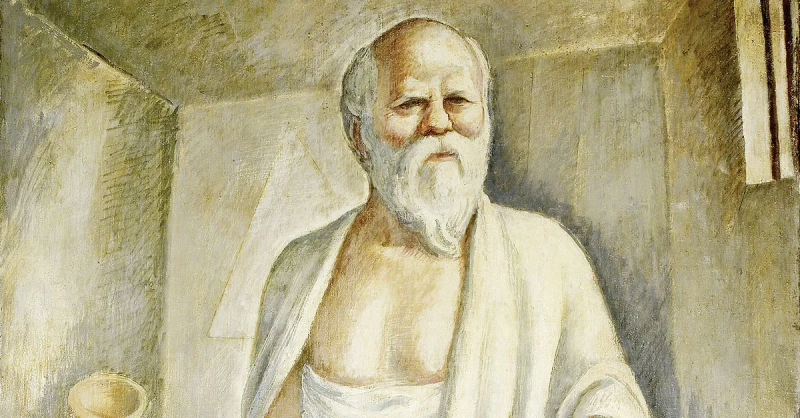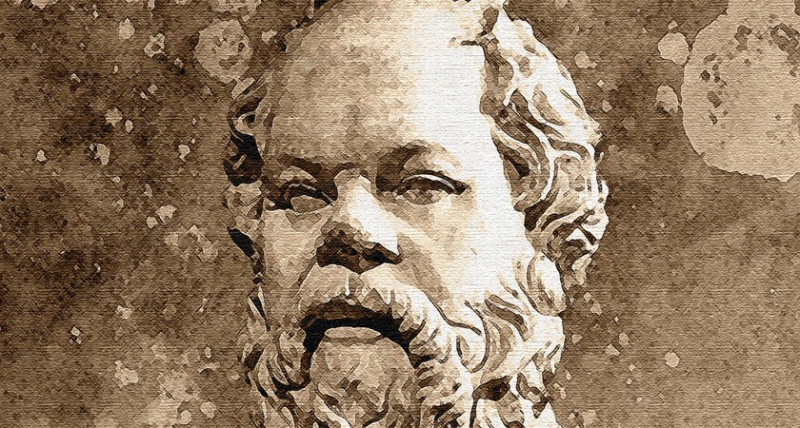Philosophy of value by Socrates

Socrates provided enough of knowledge for learning, despite the fact that his contradictory claim that the only thing he knows is that he knows nothing perplexed his fellow listeners.
For Socrates, education meant first understanding our ignorance and then transforming it by pursuing the reality of diverse issues. He is adamant about challenging and interpreting the wisdom of the wise men.
He developed heuristic methods like interpreting statements and looking at the words and lives of the wise and well-known in order to obtain insight, just as he said in his quotation to use your time to better yourself via their work. He placed a higher priority on moral and general education than he did on technical skill. He mentioned the major and minor as the two categories of knowledge. It is the allegedly articulated philosophy of value by Socrates.
Minor knowledge, which is essentially information that allows a person to act in a way that is exclusively advantageous to himself, is something that most of us are familiar with. It enables one to become an expert at performing a little work, constrained to requirements and choose beneficiaries. He argued that the latter's scope is significantly wider. It is advantageous to everyone and aims to provide the greatest living possible. To understand the truth, wisdom, and unrivaled goodness, one must reason and define concepts.










